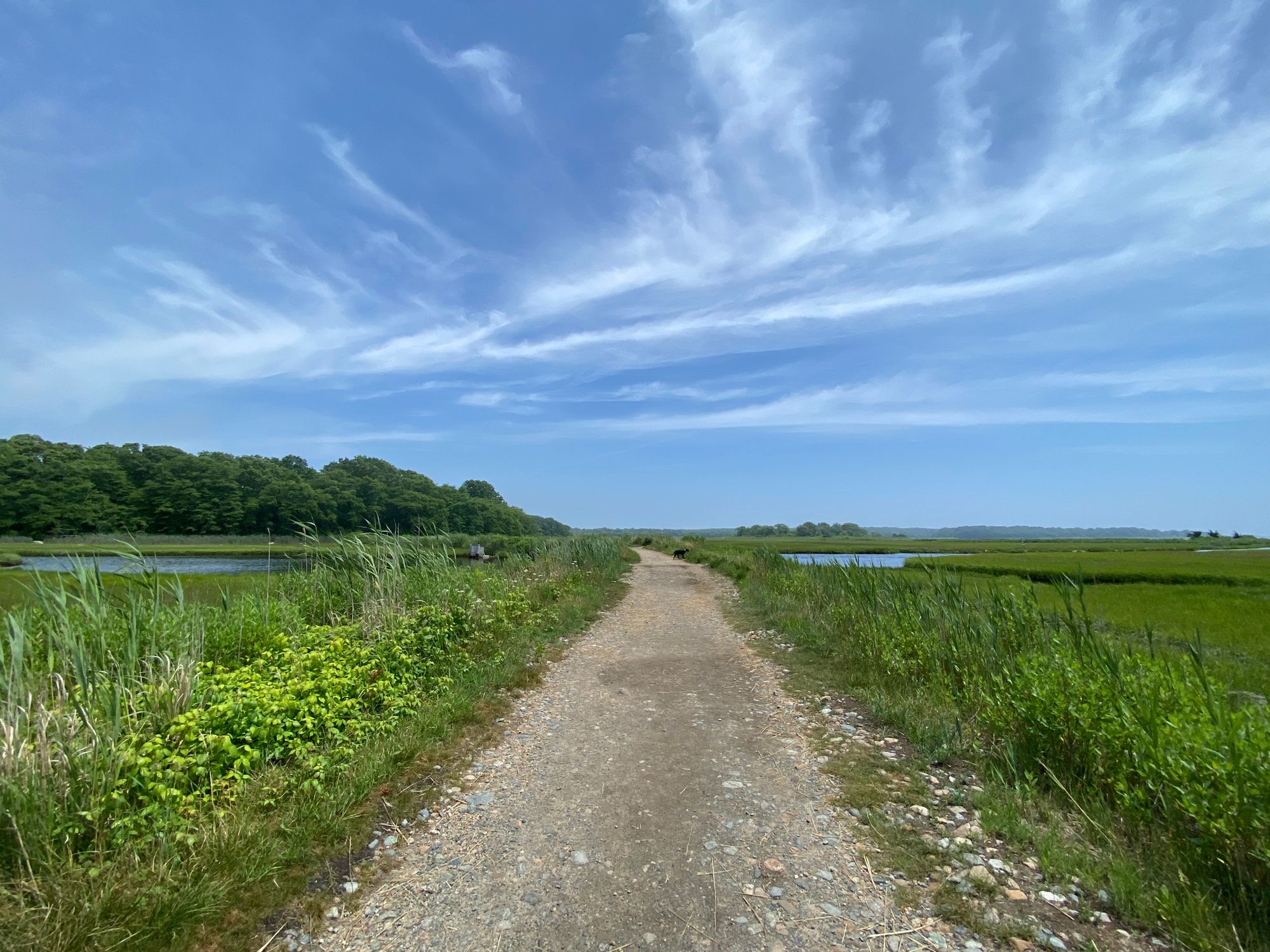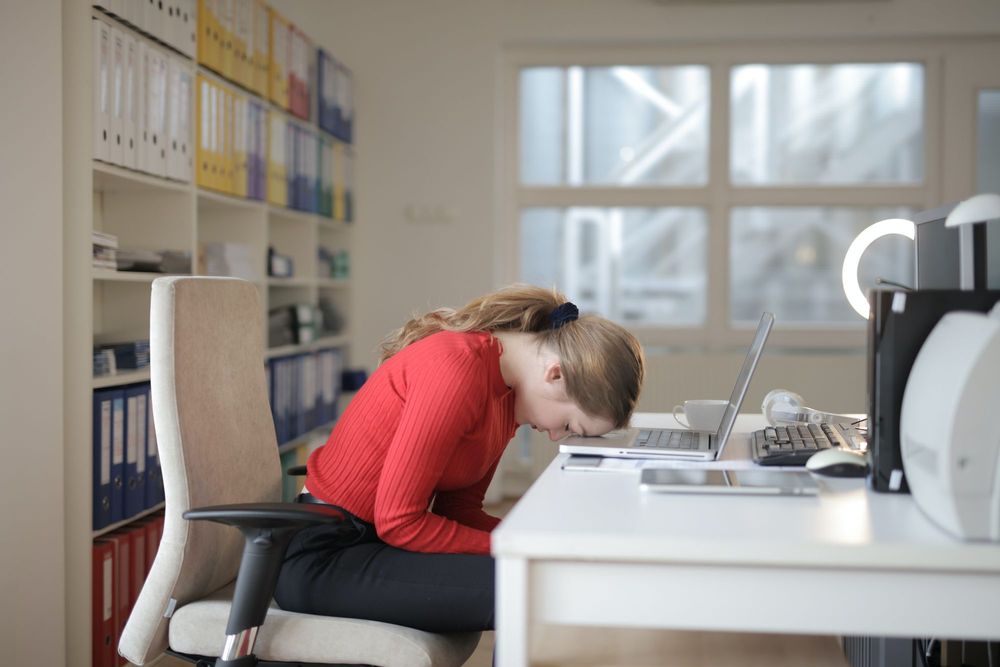How To Be Happy

‘If you want others to be happy, practice compassion. If you want to be happy, practice compassion.’ The Dalai Lama and Howard C. Cutler, 1998
The annual World Happiness Report came out this week. Finland was at the top (again), and Afghanistan, at the bottom. In fact most of the countries at the top are regulars, and include most Nordic countries. The US is consistently never in the top 10, and neither is my home land of England. Interesting and slightly depressing: there must be something we can learn from these happy countries- right? In Finland, a daily walk in the forest, ice swimming and 'tasting something fresh from nature' are considered key to happiness according the country's website. Other happy places have in common that they embrace shared prosperity, something we in the US are rather suspicious of. In fact, trust in each other, societal safety nets and the government appear to be the bedrocks of happy societies. This year's report also had to take into account COVID but it showed that COVID did not much affect the overall relative happiness of a country although it affected many aspects of daily life. Interestingly the effectiveness of COVID management programs was related to factors that also contribute to a country's happiness, including social trust, income equality, and whether a woman was head of the government. Whether people feel supported or are able to support others, is part of our response to crisis, and contributes to our emotional wellbeing. It seems the Dalai Lama, as quoted at the start of this piece, is onto something. ‘If you want others to be happy, practice compassion. If you want to be happy, practice compassion.’
So what is compassion really, and can practicing it really make us happy? Many of us think, if only the pandemic would be over, if only I could get back to traveling , if only I could see my family, if only I could eat out with friends, if only I could get back to the gym...etc,etc, then I would be happier. The pandemic has got me down...I am ready to get back out there! I feel it too. We are on the cusp of getting back to normal, albeit in a not-so-normal world. We can pretend COVID didn't happen or turn a blind eye to the effects it has wrought on all of us. But what if we were able to learn something about happiness and our own expectations of it, through the COVID experience? The World Happiness Report explores at length what goes into making a nation happy and the learnings are only enhanced by the context of COVID that has overlaid everything. The report found some factors that help some of us be more resilient than others:
Positive psychological characteristics such as gratitude, resilience, grit and flow are associated with resilience. A more extraverted personality helps too. Larger social networks, a sense of connectedness and prosocial behavior were also protective. Older age was protective as was physical time outdoors. Consulting more news sources for balanced intepretations was also a positive.
On the other hand, risk factors for lack of resilience were an intolerance for uncertainty, or the presence of pre-existing mental conditions like clinical diagnosis of depression, anxiety etc. Loneliness, poor social support and abuse were additional factors that placed individuals at greater risk of negative mental health consequences, as were financial insecurity, food insecurity, and lower sociaoeconomic status.
As I looked at these factors, I realized how fortunate I am. I try to practice gratitude every day; something I learned from our work here at Simpson on the Blue Zones and the secrets to a long and happy life. I am older and by nature somewhat exrovert (although nowadays I am more than happy to stay home with a good book than going out on the town). I am not financially- or food- insecure, and I seek out many sources of news and information so believe my knowledge 'inputs' are balanced. Add to that my supportive and wonderful family, as well as friends near and far, and I am truly blessed. And I am happy.
So back to compassion– where are we? Through realizing the extent of my privilege as we emerge from COVID I don't want to forget the millions of people who have been unsettled, unmoored, undone, by the past 18 months. Those who found relief in a government check when they had nothing else, the families left to start again after losing their businesses, those who lost loved ones to the virus, or who continue to suffer effects from it long after supposed recovery. The inequities in the health system that were so obviously exposed by COVID. We can't pretend all these things have gone away just because we are back to eating out without masks. As an individual I can't fix everything, but I can seek to understand others and I can try to practice compassion toward those around me whose recovery is not so easy. It's not judging those who are fearful, depressed, unable to moblize, unable to 'get back to normal'. It's not judging those who are not yet working and still collecting their government relief check. It's not judging those who do wear a mask, or who don't wear a mask, or even those who are not getting vaccinated (that's a tough one). It's listening, supporting and meeting people where they are at, with kindness.
Maybe we can eventually get on that top 10 list of happy countries, one small act of kindness at a time.



